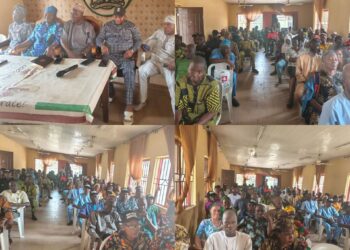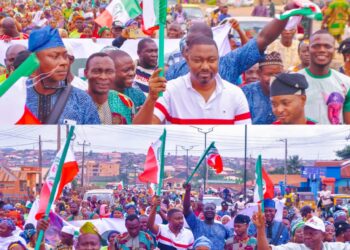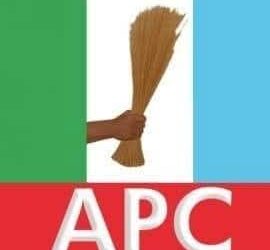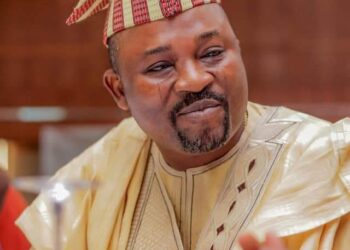Nigeria’s opposition parties have a crucial role to play in the country’s democracy, but their inability to work together has hindered their effectiveness. In many African countries, opposition parties have successfully united to challenge ruling governments, leading to a change in power. For instance, in Ghana, the opposition National Patriotic Party (NPP) has alternated power with the ruling National Democratic Congress (NDC), demonstrating that a united opposition can be a potent force.

In Nigeria, however, the opposition has struggled to present a united front. Infighting and power struggles have weakened their ability to challenge the ruling party. This is evident in the numerous factions that have emerged within the opposition parties, each with their own agenda and interests. To become a more effective force, Nigeria’s opposition parties need to put aside their differences and work towards a common goal.
One of the key reasons why opposition parties in other African countries have been successful is that they have been able to build strong coalitions and alliances. For example, in Kenya, the opposition Orange Democratic Movement (ODM) was able to form a coalition with other parties to challenge the ruling Jubilee Party. Similarly, in Tanzania, the opposition Chadema party has been able to build a strong coalition with other parties to challenge the ruling Chama Cha Mapinduzi (CCM) party.
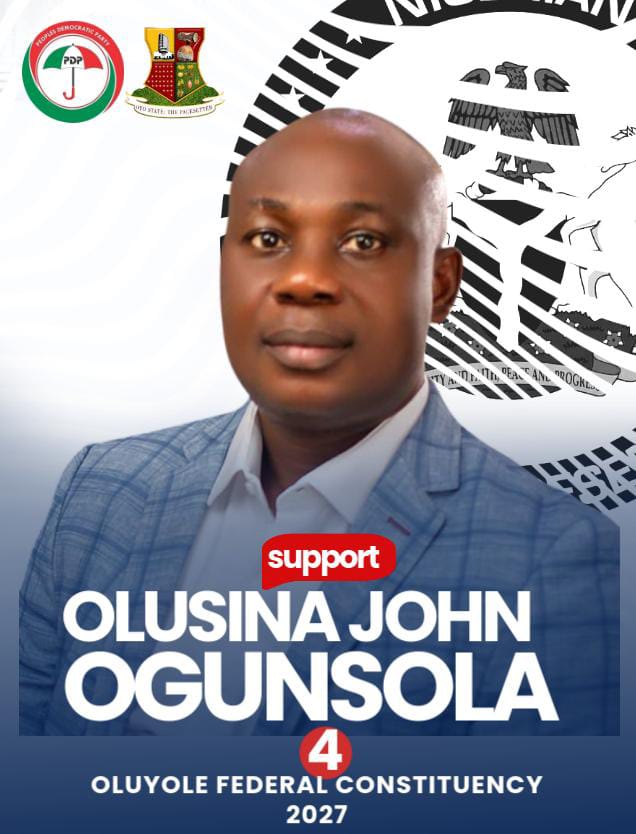
Nigeria’s opposition parties can learn from these examples. By building strong coalitions and alliances, they can present a more united front and challenge the ruling party more effectively. This requires a willingness to compromise and put aside individual interests for the greater good. It also requires strong leadership and a clear vision for the future.
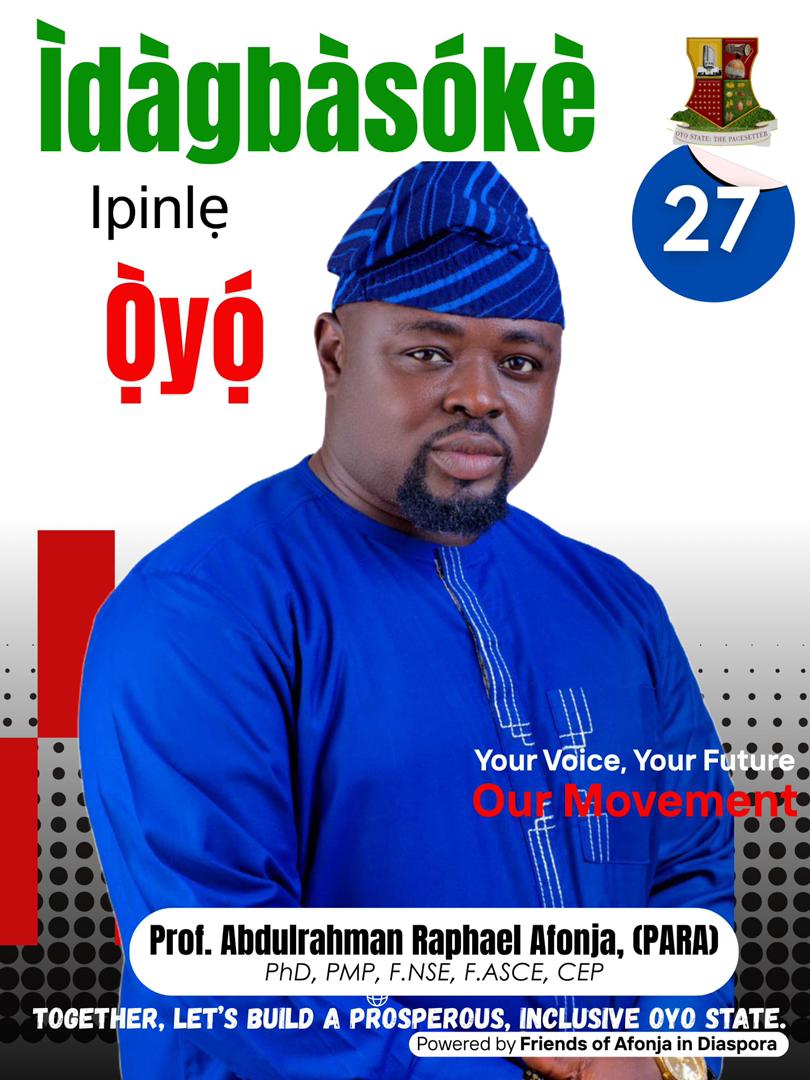

In addition to building coalitions, Nigeria’s opposition parties also need to focus on building a strong grassroots presence. This involves engaging with ordinary citizens and listening to their concerns. It also involves building a strong network of party activists and supporters who can help to mobilize support for the party. By building a strong grassroots presence, opposition parties can build a more sustainable and effective challenge to the ruling party.
Ultimately, Nigeria’s opposition parties have a crucial role to play in the country’s democracy. By working together, building strong coalitions and alliances, and focusing on building a strong grassroots presence, they can present a more effective challenge to the ruling party and help to bring about positive change in the country.


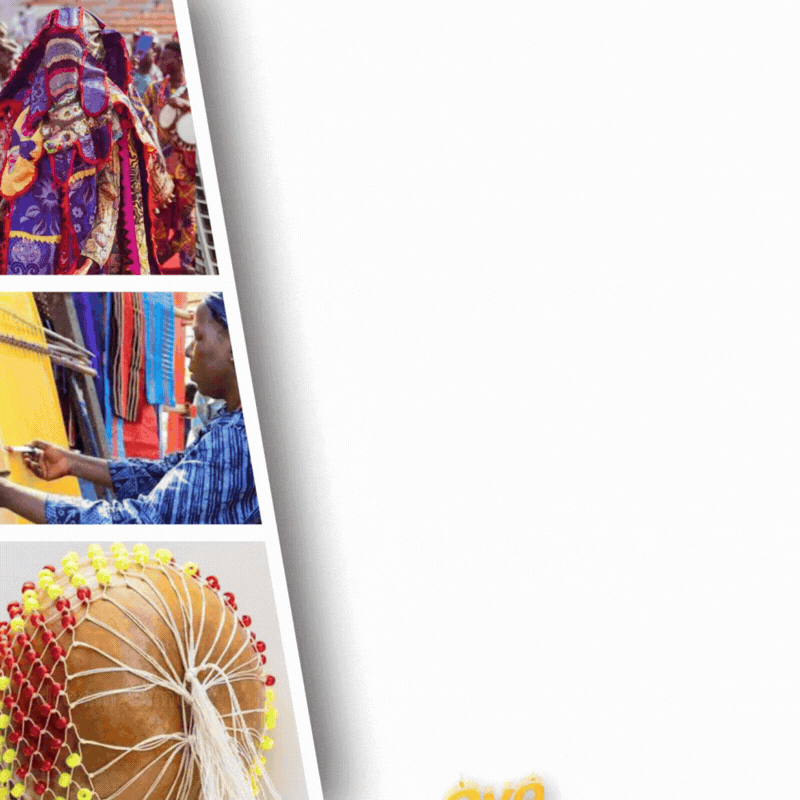
You can get every of our news as soon as they drop on WhatsApp ...To get all news updates, Join our WhatsApp Group (Click Here)








